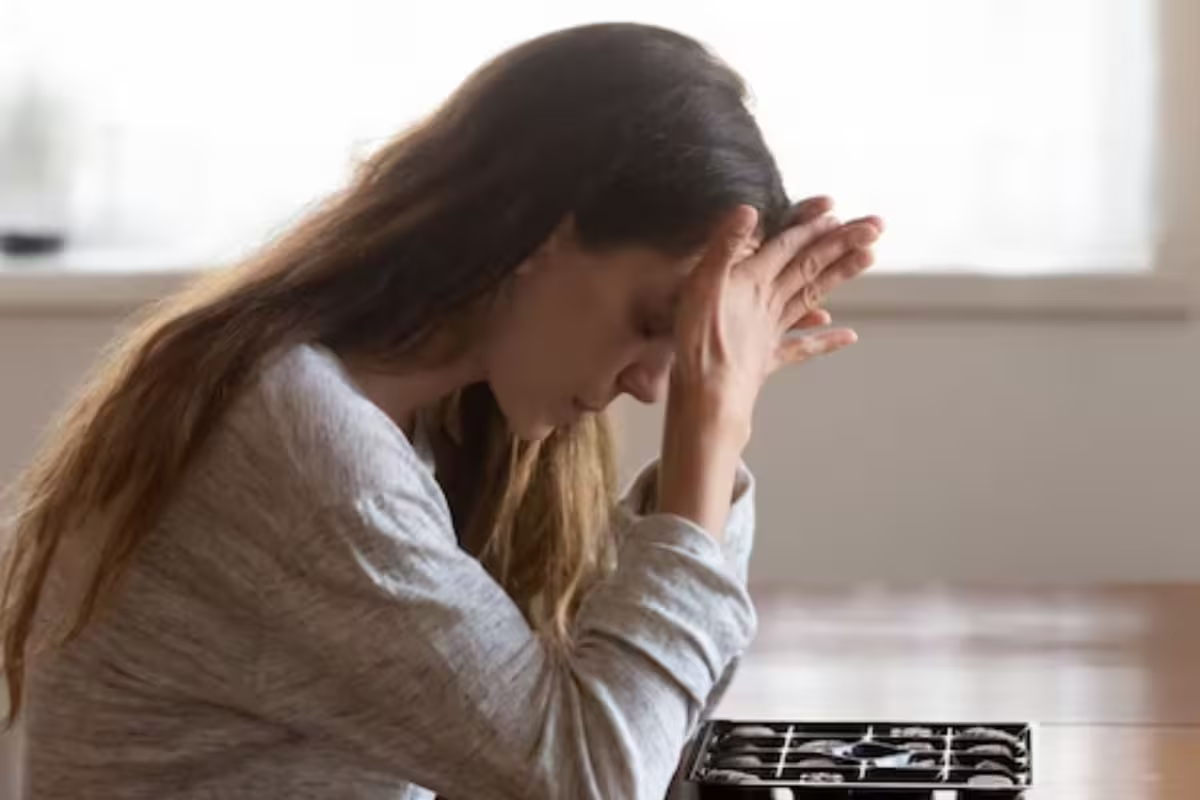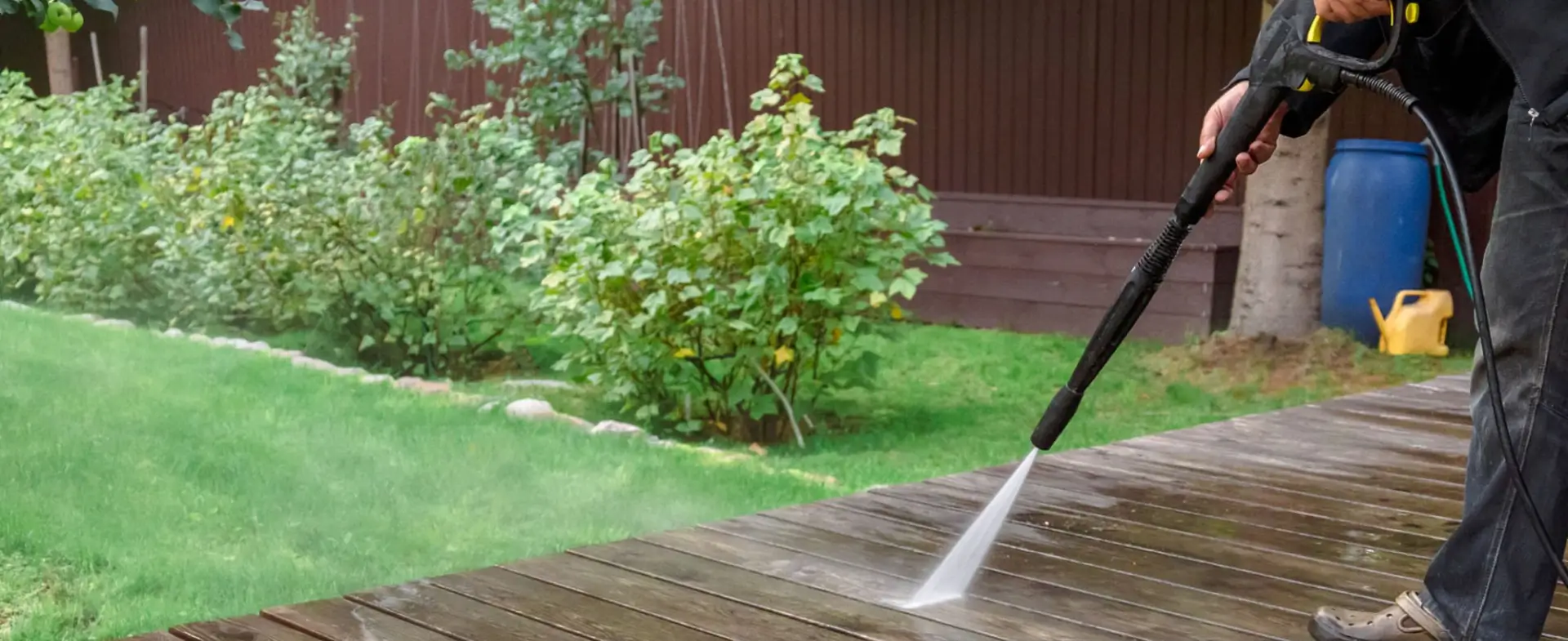Oct 12,2024

Anxiety is a widespread mental health challenge, impacting many people at some point in their lives. It often manifests as a feeling of unease and insecurity, especially when faced with difficult situations. If you’re experiencing anxiety, you may find yourself responding to certain triggers with fear and dread. Recent surveys reveal that 74% of the Indian population reports feeling stressed, with a staggering 88% experiencing anxiety following the onset of COVID-19.
But what causes anxiety? What are the signs to look out for, and how can we effectively manage this condition? We’ve got the answers to your questions.
Let’s explore this important topic together.
Feeling anxious in uncomfortable circumstances is normal, but if it interferes with your well-being, it may lead to a serious disorder. Anxiety can occur due to various reasons, such as:
Childhood trauma, such as physical, emotional or sexual abuse or neglect, can have long-term consequences on an individual’s mental health and can lead to anxiety disorders.
Certain foods and beverages high in sugar and caffeine can trigger or worsen symptoms of anxiety or panic.
Some medications can induce anxiety disorders as side effects, known as medication-induced anxiety disorder.
Any type of stress, whether financial, work-related, or personal, experienced over a prolonged period can contribute to the development of an anxiety disorder.
Signs of anxiety disorders depend on the type.
Several antidepressant medications are available that can help treat anxiety. However, it is always recommended to consult a healthcare expert before taking any medication.
Therapy is a common method for treating anxiety disorders. It can help you identify and change unhealthy thoughts, emotions, and behaviours.
Remember, anxiety disorders can have serious effects and may impact your relationships with friends, family, and colleagues.
.svg)
